I am trying to catch unhandled exceptions at global level. So somewhere in main.py file I have the below:
@app.exception_handler(Exception)
async def exception_callback(request: Request, exc: Exception):
logger.error(exc.detail)
But the above method is never executed. However, if I write a custom exception and try to catch it (as shown below), it works just fine.
class MyException(Exception):
#some code
@app.exception_handler(MyException)
async def exception_callback(request: Request, exc: MyException):
logger.error(exc.detail)
I have gone through Catch exception type of Exception and process body request #575. But this bug talks about accessing request body. After seeing this bug, I feel it should be possible to catch Exception.
FastAPI version I am using is: fastapi>=0.52.0.
Thanks in advance :)
Update
There are multiple answers, I am thankful to all the readers and authors here.
I was revisiting this solution in my application. Now I see that I needed to set debug=False, default it's False, but I had it set to True in
server = FastAPI(
title=app_settings.PROJECT_NAME,
version=app_settings.VERSION,
)
It seems that I missed it when @iedmrc commented on answer given by @Kavindu Dodanduwa.



